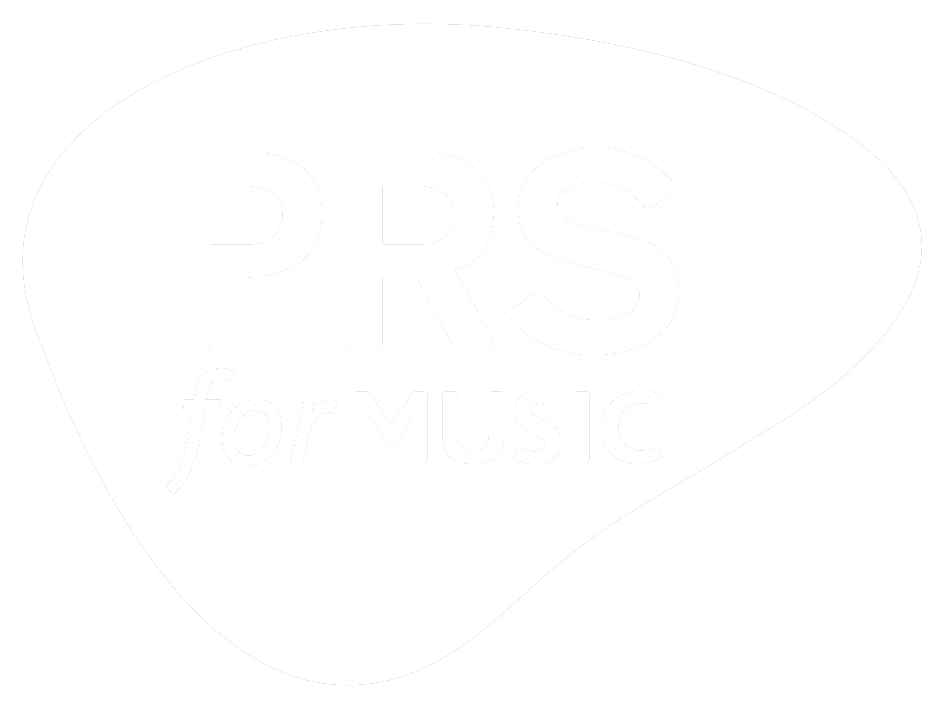The Academy conservatively estimates that £500m of streaming royalties due for payment to songwriters and rightsholders a year globally are affected by poor data. Practices vary, but commonly the unmatched streaming royalties are pooled and then paid on a market share basis, to songs that have already received payment through streaming.
Graham Davies, Chief Executive of The Ivors Academy, said:
“As streaming has grown to become the dominant method of listening to music, we have also seen the growth of the song streaming data gap. Poor, insufficient and conflicting data has created a massive global challenge for the music industry and the size of the problem will continue to grow. We urgently need a new industry workflow based on new technologies and education of songwriters to close the data gap and ensure the right people are paid for their work.”
Read the report
Major issues with streaming data were identified by the DCMS Select Committee in their inquiry report into the economics of streaming, the first report of its kind by legislators in the world. MPs on the Committee made a series of recommendations including that Government should oblige record labels to provide metadata for songs when they license a recording to streaming services, that the music industry should as a matter of urgency establish a minimum viable data standard so that data is usable and comparable across all services, to audit black boxes and end the practice of distributing black box revenues by market share.
In the Academy’s evidence to the inquiry, it drew attention to song streaming metadata issues, called for industry reform and the adoption of a minimum viable data standard. This estimate report intends to create a better understanding of the size of the problem and encourage cross-industry action to reduce the black box through improved data standards and management.
The report, Estimating the Size of the Global Song Streaming Data Gap, also makes a number of recommendations, to:
- Provide education to increase awareness and knowledge of creators in their rights and responsibilities. Specifically, the important of ensuring timely registration of musical works and obtaining identifiers.
- Use technology to enable the attaching of authoritative creator metadata to recordings at the point of creation in order to facilitate correct creator credits and accurate, timely music royalty payments
- Establish industry-wide consensus on the minimum standards of metadata required before a music recording can be distributed and streamed.
The report is a first step to properly size the song streaming data gap. It estimates a global number based off data points for match rates and residual revenues for Europe and the US with respect to the administration of performing and mechanical rights on licensed digital music streaming services and User Generated Content platforms.
The Academy recommends a more comprehensive study is carried out, which would need industry cooperation to provide a more comprehensive view of match rates by different administrators by territory and more granular information on different distribution policies being applied to residual incomes.





